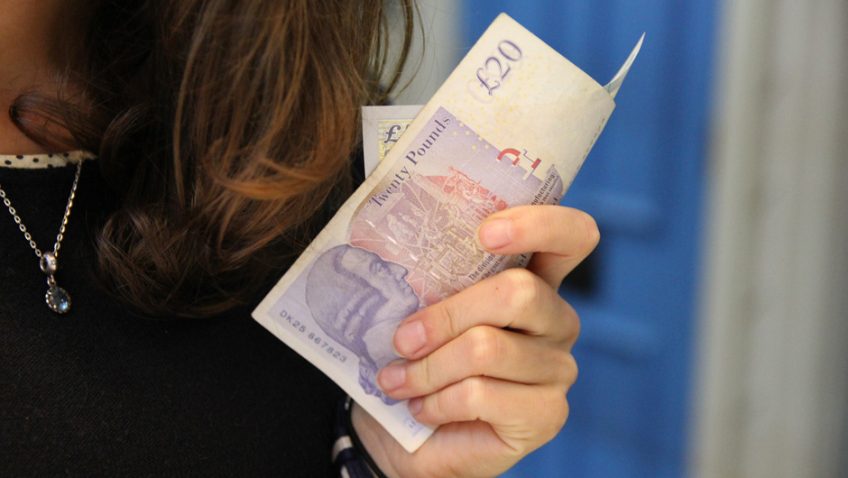The use of cash in the UK is in decline, a situation not helped by the continued decrease of free to use cash machines across the country.
Data recently released by LINK, the UKs largest cash machine network, shows that as of the end of May 2019 there are a total of 49,000 free to use cash machines across the UK. This is a reduction of 10% on the number of machines that were in operation less than 18 months earlier; the comparative figures for January 2018 showed that there were 54,500 free to use cash machines in operation across the country.
However, despite the physical reduction in the number of machines in operation, LINK claim that “the overall broad geographic coverage of the cash machine network has been maintained.”
But the question has to be for how long? With such a steep decline in the number of machines in operation over the last 18 months, how long will it be before even more disappear?
Significant fall
If the figures released by LINK concerning the number of withdrawals made from their network of machines are any guide, then that decline is almost certain to continue, if not accelerate, in the coming months and years.
LINK’s report shows that the volume of withdrawals from cash machines fell significantly year on year across all regions of the UK in the first four months of 2019 compared to similar figures for the previous year. This is because as a society we are using less and less cash as our principal way of paying for goods and services. This change is driven by advances in technology and the growing usage seen of contactless bank cards.
The sharpest decline in withdrawals was, rather surprisingly, recorded in London where a massive 8.7% reduction was seen. This was driven by the increased use of contactless cards across all areas of the economy but in particular in the transport system. “Click and pay” on the underground and London Transport buses is now used by most commuters.
But it’s not just in London where a significant decline has been seen, both the South East and South West saw large scale reductions in cash withdrawals at 7.9% and 7.7% respectively. The area of the country that recorded the smallest decline in cash withdrawals was the North East where a reduction of 3.7% was seen.
The contactless death knell
The report states that these declines in usage are almost certainly linked to the increasing availability and proliferation of contactless payment methods. Make no bones about it, these reductions in usage are huge and should they continue they will put both the viability and availability of cash machines across the network at risk.
Regular readers of Mature Times will recall that we wrote about this very subject earlier this year when the Access To Cash report was published. This report showed that millions of consumers across the UK faced being left behind if there are no proper plans in place to cater for an increasingly cashless society.
Risks
Some of the risks to vulnerable people that this report highlighted included:
- Viability of rural communities: where broadband and mobile connectivity is poor, and where the local cash infrastructure is reducing.
- Loss of independence: for people who currently rely on cash for informal support.
- Rising debt levels: for those on tight budgets, using cash helps to stay out of debt.
- Financial abuse: cash can give independence in a difficult or abusive relationship.
- Poor paying more: denied access to goods and services which can be bought online or via direct debits, or even given reduced access to the high street as shops and cafes go cashless.
Meanwhile, in 2017, the trade body for the UK banking and financial services sector, UK Finance, revealed that debit card payments overtook cash as the most popular form of payment for the first time.
This report highlighted that the growth in contactless and mobile payments has meant consumers are choosing to pay less with cash, with overall cash payments falling by 16% in 2018, and one in ten adults (5.4 million consumers) opting to lead a mostly cashless life.
What does this mean?
If you live in a large town or city then it probably will have very little impact on you. Contactless payment technology is ubiquitous in these areas and access to free to use cash machines is readily available.
However, in smaller towns and rural areas this is not the case. The best case scenario is that free to use cash machines are replaced by pay to use ones, meaning access to free cash is denied to many. Many smaller businesses – especially in rural areas – do not take cashless payments and therefore may suffer as a result.
Many older people distrust contactless payment cards, it’s not something they have ever been used to and cash for many has always been “king”. But then technology, as we are constantly being told, represents progress, but progress inevitably leaves some people behind!
What are your experiences? Do write to us at the usual address.




